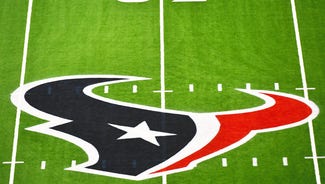





































































































































What are the owners really after?
In these hours before the preposterous, offensive, yet seemingly inevitable NFL lockout, I find myself pondering NFL owners the way Freud once considered women.
What do they want?
Or, rather, what more could they want?
With the exception of a rookie wage scale, they have everything owners in other major sports would die for. The billionaire boys club led by Roger Goodell is the envy of all those who own franchises in Major League Baseball and the NBA. Let me count the ways:
The NFL doesn’t have a mere salary cap; it has a hard cap. There’s no “Larry Bird Rule.”
Long-term contracts are a mere formality. The NFL doesn’t have Barry Zitos or Carl Pavanos, Alfonso Sorianos or A.J. Burnetts. They just have guys who get cut. Doesn’t matter if they’re stars or scrubs, they get cut.
You want to talk competitive balance? The winners of the last three Super Bowls were Green Bay, New Orleans and Pittsburgh. New Orleans is faking it as an NBA franchise, and Pittsburgh — another town I love — hasn’t been in the MLB postseason since the first term of the first George Bush. Green Bay couldn’t support an NHL team.
So what could these guys — who run the biggest money-making enterprise in the history of sports — possibly want? There has to be, in literal or metaphoric terms, a smoking gun.
Toward that end, I called Chad Speck, who negotiated Albert Haynesworth’s $100 million contract with the Washington Redskins.
The issue isn’t — or shouldn’t be — what anyone thinks of Haynesworth. The contract itself was a masterpiece of representation. But somehow it’s been misinterpreted and maligned as Exhibit A in the owners’ case. The malcontented defensive lineman got $41 million guaranteed, of which $32 million was guaranteed in the first 13 months.
“It was an enormous jump over what had been guaranteed at that position,” said Speck. “I think the player before Albert got $19.5 (million).”
If Speck seemed proud of himself, his sentiments are more than justified. “My job is to get the player the most he can get,” he says, “the most guaranteed money.”
Still, from the beginning, it was supposed that there was something untoward about the deal, which was reportedly agreed to at 5:30 a.m., Feb. 27, 2008, just hours after the free-agent signing period had begun. Apparently, the Tennessee Titans — Haynesworth’s former team — alleged that there had been improper, premature contact between Speck and Washington Redskins owner Daniel Snyder.
“NFL Security interviewed all the parties involved and concluded there was no tampering,” says Speck.
I never said that there was. Still, the way the owners are whining, I wouldn’t feel right if I didn’t ask Speck for the gun.
He doesn’t get it.
“The gun you put to Daniel Snyder’s head to make him sign Haynesworth,” I said.
“Oh,” he says, almost laughing. (These things with Haynesworth are kind of sensitive). “I can’t show you that.”
He can’t show me the gun because it doesn’t exist. Daniel Snyder was dying for this deal. And the question is, why does Albert Haynesworth — or any other NFL player, for that matter — have to save Daniel Snyder from himself? That’s what this lockout is about. That’s the smoking gun: businessmen who want to be insulated from the consequences of being businessmen.
“The biggest problem that’s not talked about,” says Speck, “is revenue-sharing among the owners. They can’t agree how much money they should split among themselves . . . but the one thing that all 32 teams can agree on is that the players should take less.”
Yes, they whack up all the national TV money in a socialistic way. But big-market teams (like Washington or Dallas) have local revenues (stadium-related and local TV come first to mind) that the small-market teams (Tennessee, Green Bay) do not.
In football, small-market teams can still compete. Green Bay is obviously managed better than Dallas or Washington. Still, owners will ask players to give back before they ask each other to compromise. In other words, it’s easier to blame Albert Haynesworth and his agent.
By the way, the NFL’s whole intramural conflict, and how it plays out in relation to the salary cap, was explained almost three years ago in Mark Cuban’s blog.
The writings of the Dallas Mavericks owner, best known for spewing at refs, may not constitute a smoking gun. But it's a damn smart piece. So enlightening, in fact, I think it's safe to say that Mark Cuban will never be admitted into Roger Goodell's club.
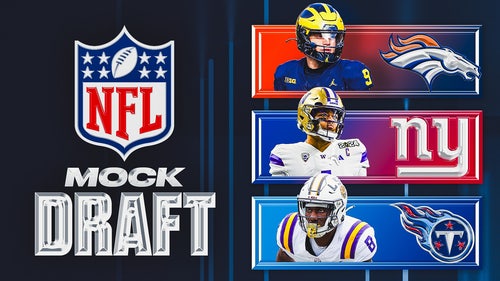
2024 NFL mock draft: 4 QBs in top 5, 4 receivers in first 10 picks
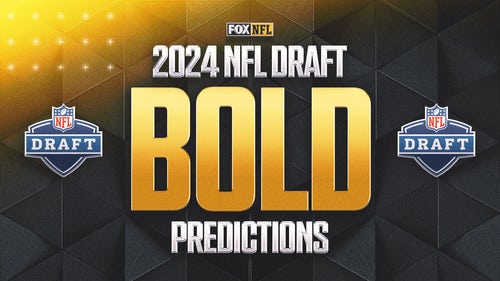
5 Bold Predictions for 2024 NFL Draft: Texas DT Byron Murphy a top-10 pick
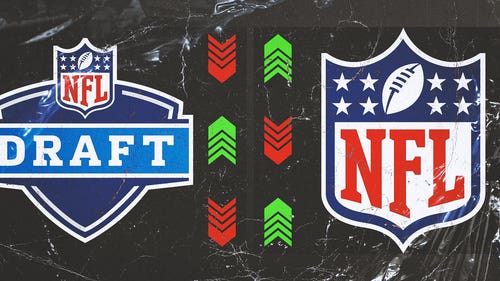
The art of NFL Draft misdirection: How teams use subterfuge to hide their plans

2024 NFL Draft Schedule: Date, time, how to watch, TV channel
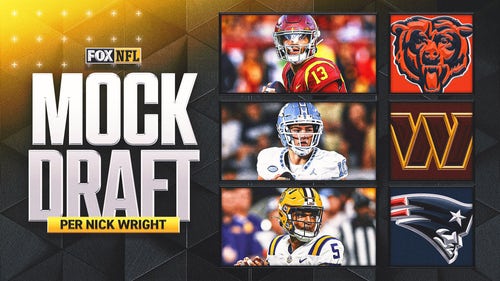
2024 NFL Draft: 5 QBs drafted, Jets add Bowers in Nick Wright's final mock draft
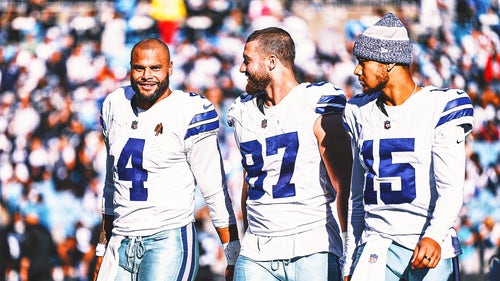
What are Cowboys’ best options at QB if Dak Prescott leaves?
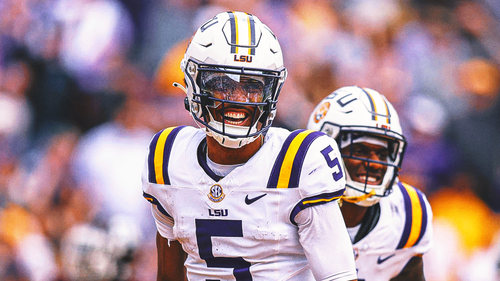
2024 NFL Draft odds: Jayden Daniels' second pick odds shortening
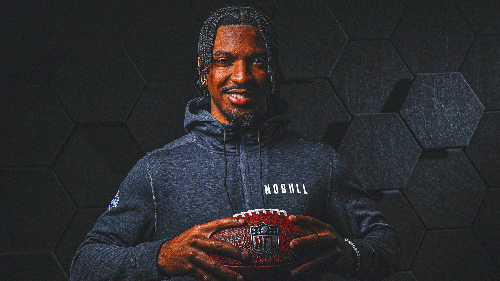
Emoji-Gate not enough to scare Commanders off Jayden Daniels

USC's Caleb Williams says he's a 'big fan' of Washington WR Rome Odunze


2024 NFL mock draft: 4 QBs in top 5, 4 receivers in first 10 picks

5 Bold Predictions for 2024 NFL Draft: Texas DT Byron Murphy a top-10 pick

The art of NFL Draft misdirection: How teams use subterfuge to hide their plans

2024 NFL Draft Schedule: Date, time, how to watch, TV channel

2024 NFL Draft: 5 QBs drafted, Jets add Bowers in Nick Wright's final mock draft

What are Cowboys’ best options at QB if Dak Prescott leaves?

2024 NFL Draft odds: Jayden Daniels' second pick odds shortening

Emoji-Gate not enough to scare Commanders off Jayden Daniels

USC's Caleb Williams says he's a 'big fan' of Washington WR Rome Odunze
